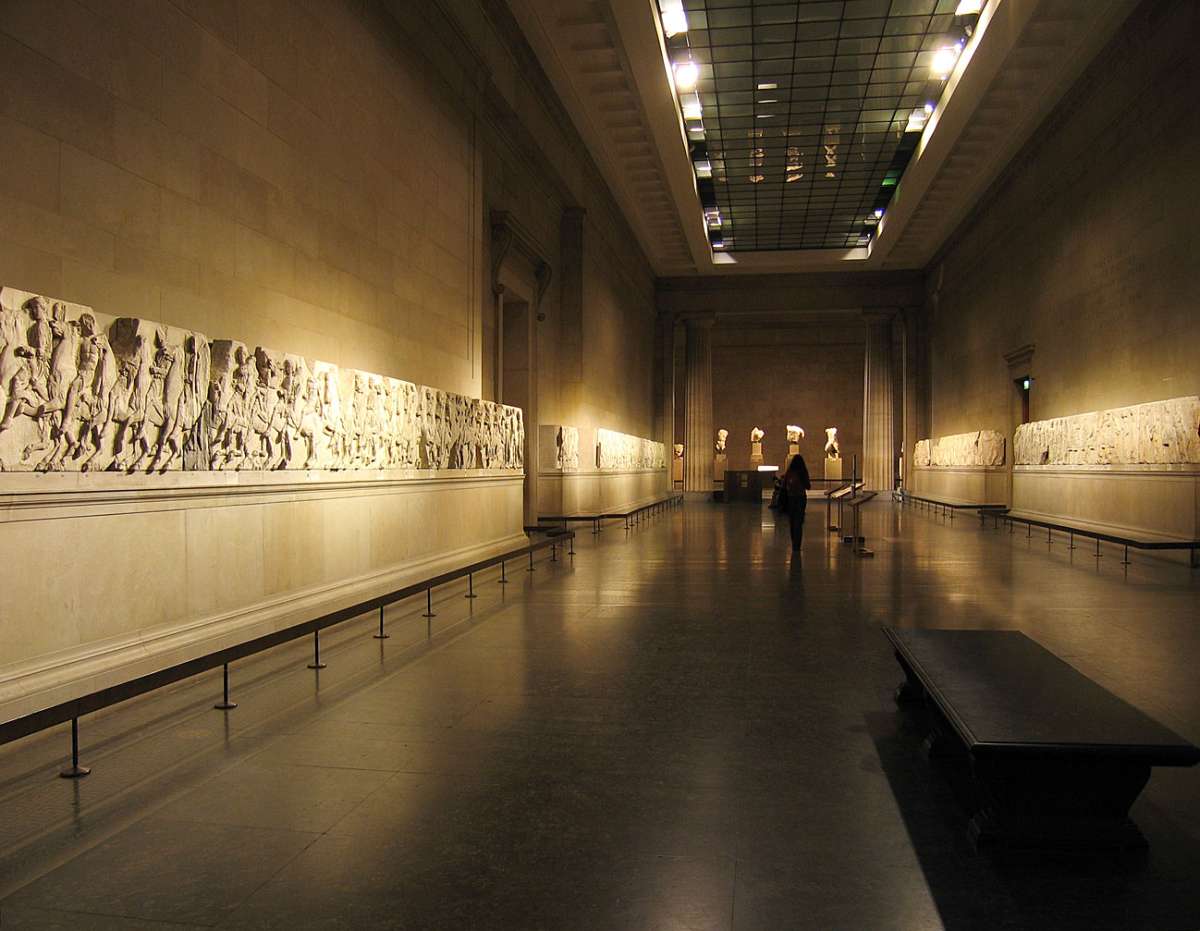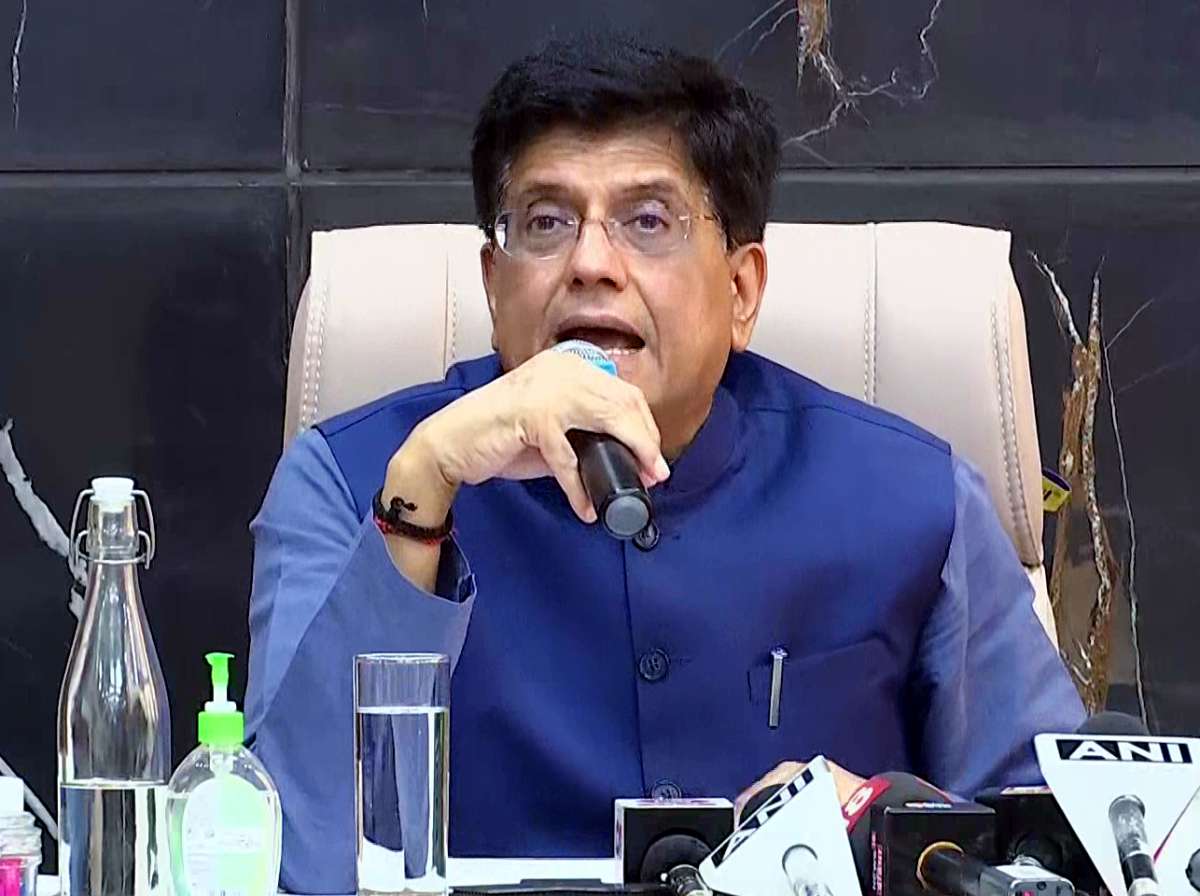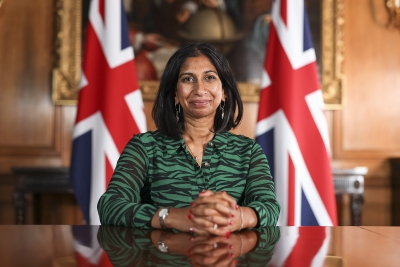India is currently working on plans to return examples of its own cultural heritage from the UK, with officials looking to reclaim artefact either by force or by collectors during British rule…reports Asian Lite News
The Daily Telegraph has reported that India is mulling over throwing its diplomatic weight behind Greece and other nations in quest of reclaiming artefacts from the United Kingdom. This is a part of India’s global initiative to support victims of “colonial appropriation”.
Greece has spent years making efforts to prise the Elgin Marbles from the British Museum; however, diplomatic support from a leading global power like India could now help Athens materialise its long-cherished dream.
Officials in India’s Ministry of Culture said that India wants to form an informal alliance of nations that are campaigning for cultural returns. Lily Pandeya, Joint Secretary of India’s Ministry of Culture, was quoted by The Telegraph as saying, “We would seek a consensus between the nations, and as the G20 is the most influential forum, to achieve tangible outcomes. We can be a voice at that table for other nations facing these issues.”
She added, “During our presidency, we want to be champions of the global south, those countries who are so strongly affected by issues relating to heritage, such as trafficking, and who in the past were on the receiving end of colonial appropriation.”
India has the presidency of the G20 this year, and the Telegraph understands that during summits scheduled for September, officials plan to cajole fellow member-states to sign up to an agreement supporting the return of historical artefacts to their places of origin.
Athens has so far been frustrated in its efforts to prise the Marbles from the British Museum, but an international commitment to repatriation from leading world powers could bolster the cause of Greece as it seeks to reunite the artworks taken by Lord Elgin in the 19th century.
Officials in New Delhi have indicted that India wants to take a global lead on the restitution of historical artefacts, and is prepared to be a voice for nations who are campaigning for cultural returns, potentially starting an “avalanche” of successful repatriations.
The “protection and restitution of cultural property” is one of four culture priorities for India as it approaches G20 talks in autumn, and one aspect of this is tackling modern trafficking and returning objects taken illegally under existing laws.
Cambodia seeking the return of sacred artefacts smuggled during Khmer Rouge rule may be one example of this, as is India’s claim to a statue of Hindu saint Chandikeshvara believed to have been taken from a temper in a southern India, which is currently held in the Ashmolean Museum.
However, Indian officials are seeking to take a broader look through a “moral and ethical lens” at artefacts taken in circumstances that may have been acquired legally, but under circumstances of coercion under a colonial power.
India is currently working on plans to return examples of its own cultural heritage from the UK, with officials looking to reclaim artefact either by force or by collectors during British rule.
This claim will grow in time to encompass loot taken from ’s palace after his defeat against the British, and the Amaravati Marbles removed from the ruins of a Buddhist Stupa by civil servant Sir Walter Elliot and sent to London.
Greece has long maintained that the 5th-century BC marble friezes, sculptures and metopes (plaques) taken from the Parthenon by Lord Elgin were taken away in similar circumstances of colonial coercion, and their grievance could soon be aired by India in front of the world’s biggest economic powers.
ALSO READ-Tenth round of FTA talks with UK next month in India














